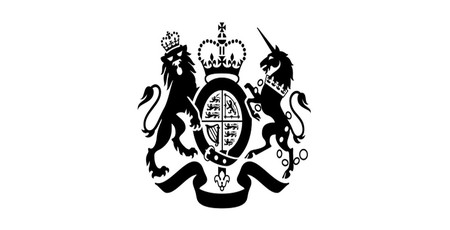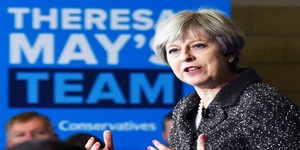UK government publishes Internet Safety Strategy green paper
October 12, 2017 | 11:46
Companies: #dmcs #uk-government

The UK government has published its promised Internet Safety Strategy green paper, launching a consultation process which will run through to early December and proposing a combination of codes of practice and 'technological solutions'.
Earlier this month Karen Bradley, Secretary of State for Digital, Culture, Media, and Sport (DMCS) pledged to make Britain 'the safest place in the world to go online'. 'As a government we also have a duty to protect children and vulnerable people from the less-family friendly corners of the internet,' Bradley told attendees at the Conservative Party Conference in Manchester. 'We have all heard about the dangers of cyber-bulling, Twitter abuse and trolling on the internet. These are problems that Conservatives are tackling head on.'
At the time, Bradley promised that a green paper on the government's Internet Safety Strategy would be published in due course - and published it has been. As outlined by Bradley during the initial proposal, the 62-page document covers a range of potential changes to policy and law aimed at curbing online abuse and centred around three key principles: What is unacceptable offline should be unacceptable online; all users should be empowered to manage online risks and stay safe; technology companies have a responsibility to their users.
'This green paper takes forward a range of manifesto commitments including our promise to educate today’s young people in the harms of the Internet and how best to combat them; introduce an industry-wide levy which could in the future be underpinned with legislation; and protect the vulnerable and give people confidence to use the Internet without fear through initiatives like a code of practice for social media companies,' explains Bradley in the paper's foreword. 'The question and challenge of our age is how to reduce the risks posed by the Internet, while embracing its opportunities. This green paper sets out our objectives on online safety and we will work together with a wide range of interested parties to achieve these. In developing this work we will work closely with government departments, charities, academics and the tech community to take the action needed to make online communities safer and empower users to manage risks and stay safe online.'
Proposals featured in the document include the introduction of a levy - not a tax, it claims - on social media companies to fund anti-abuse projects, expanding the UK Council for Child Internet Safety to cover over-18s as well as under-18s and renaming it the UK Council for Internet Safety, the introduction of a social media code of practice, programmes to improve 'digital literacy', and the introduction of a national police hub specifically targeting online hate crime.
The consultancy process runs through to December 7th, with responses welcomed through the official website.

MSI MPG Velox 100R Chassis Review
October 14 2021 | 15:04








Want to comment? Please log in.